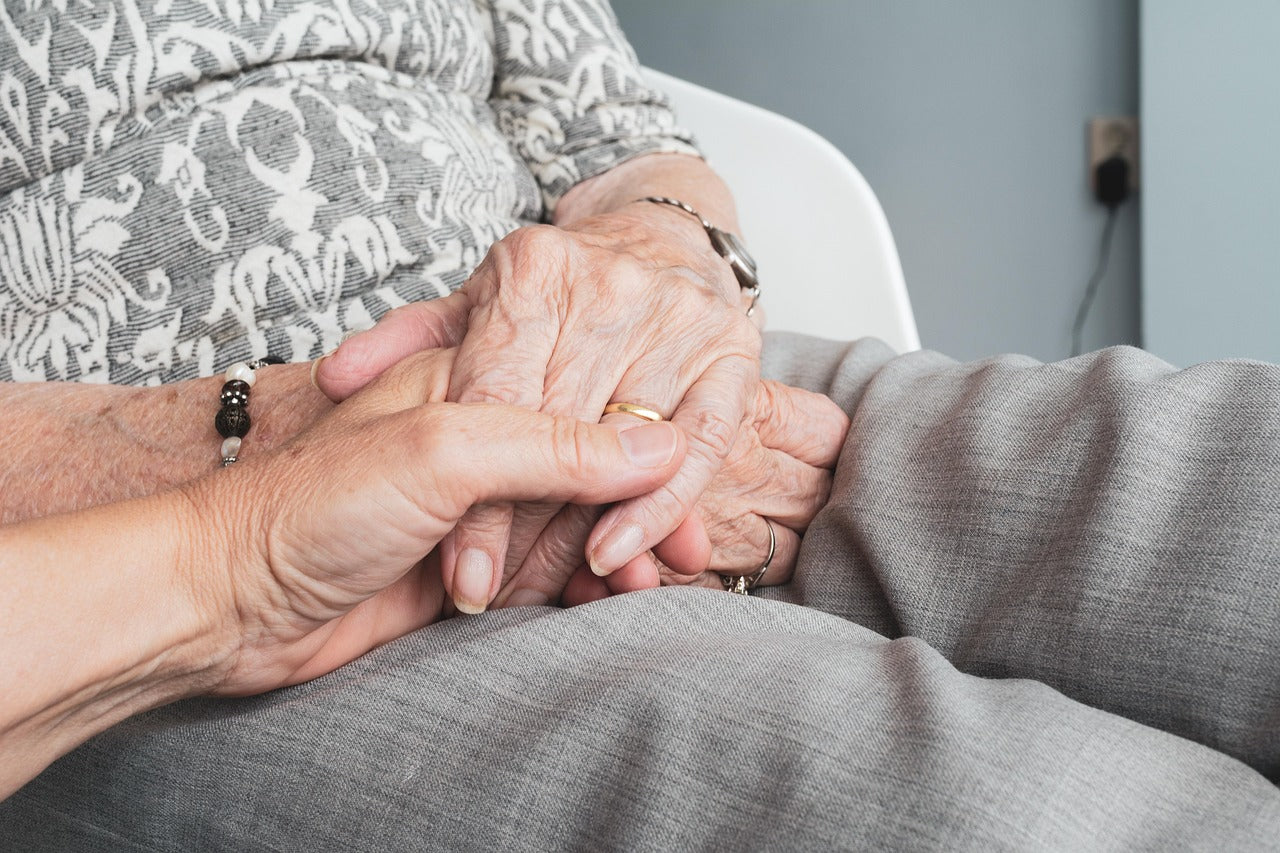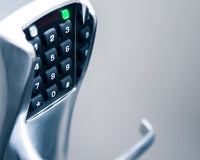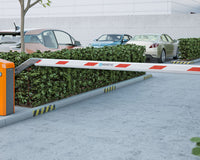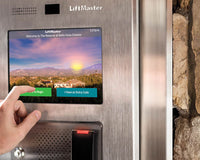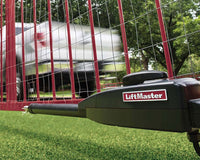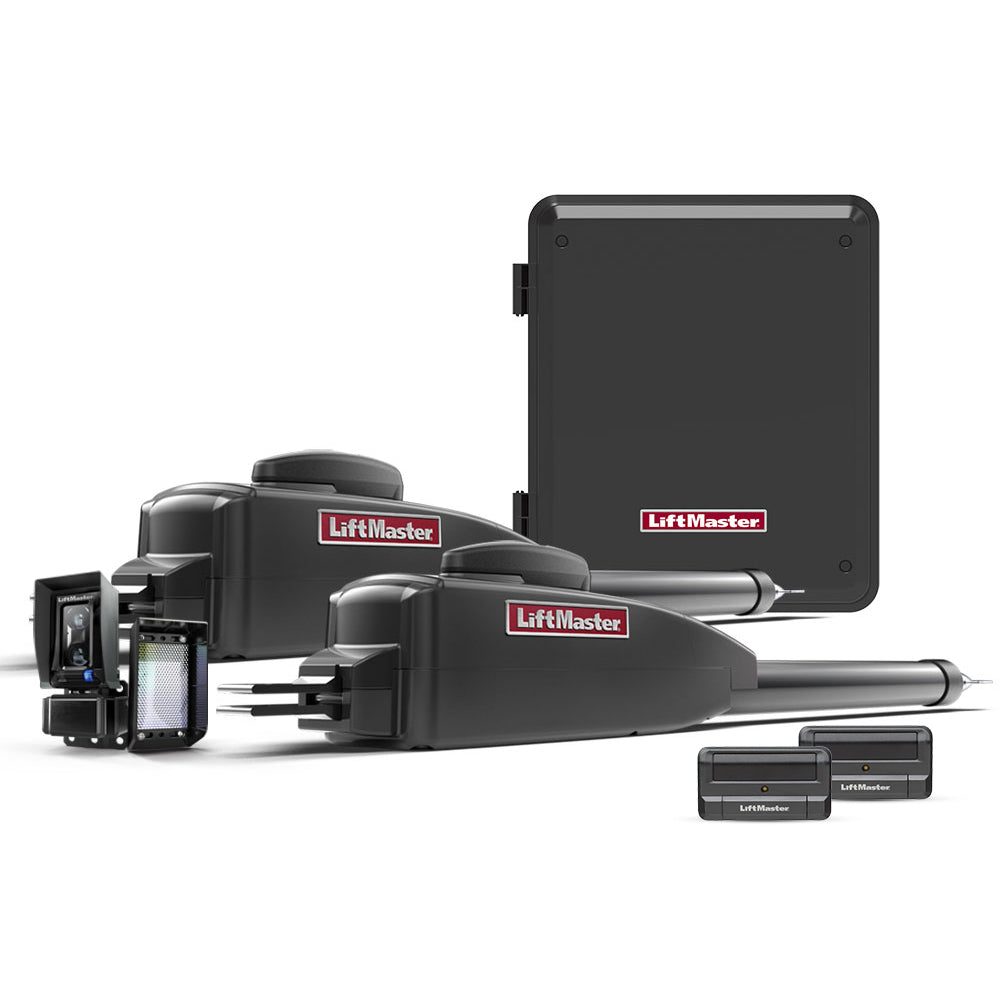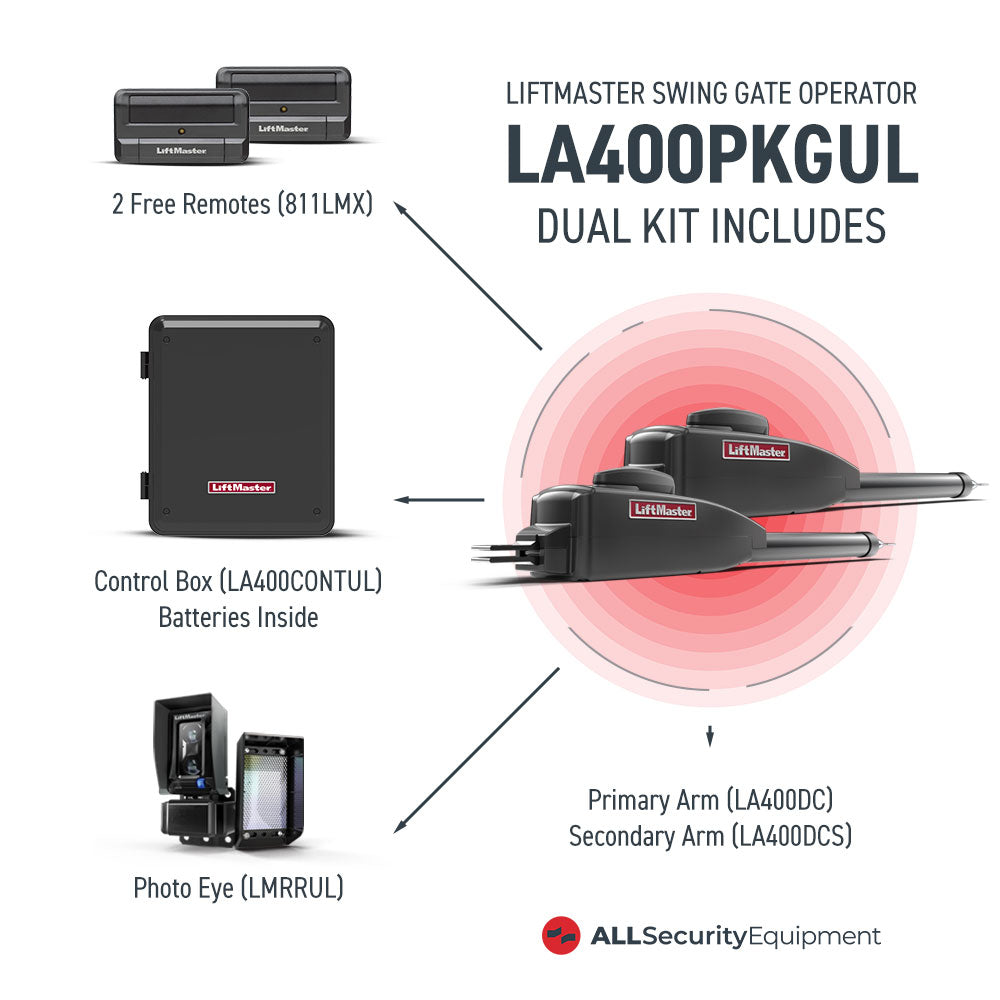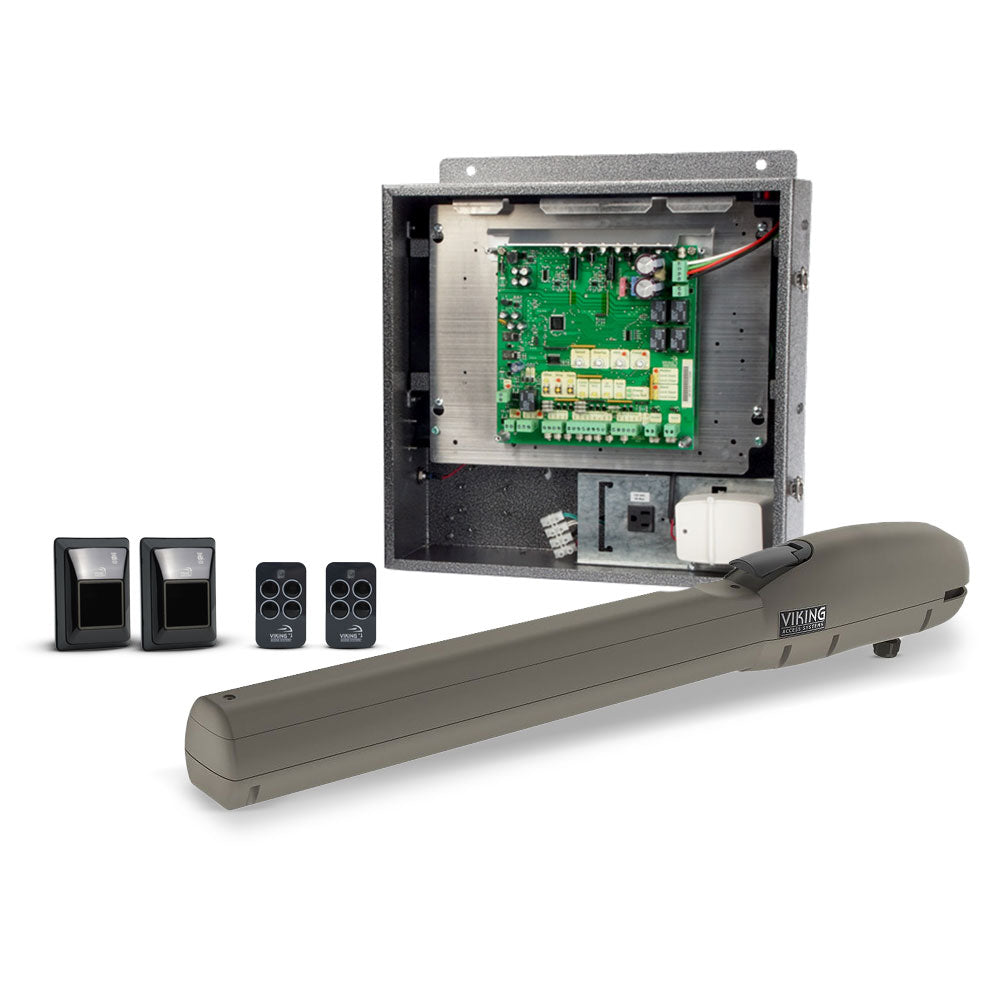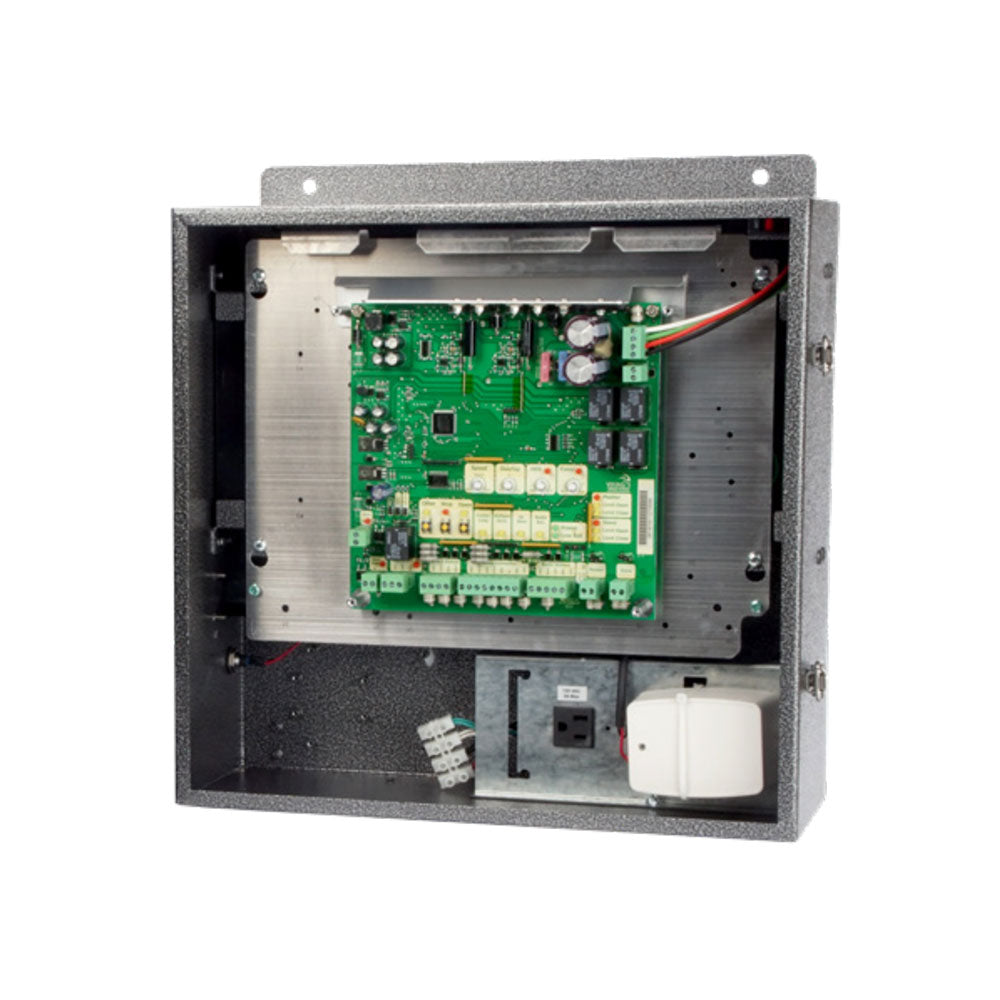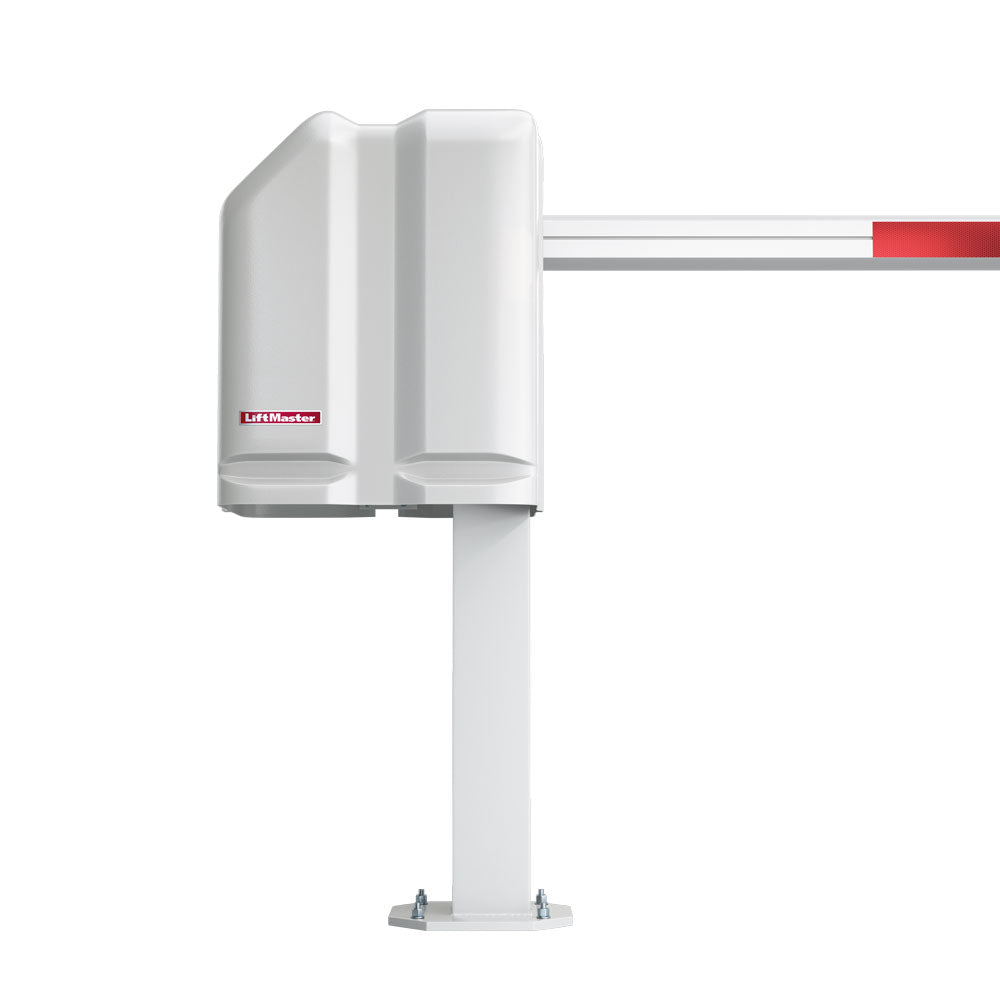Technology is rapidly changing the way senior living communities operate. From cloud-connected cameras to mobile access control, these tools improve safety—but they can also put resident data at risk. As more communities adopt smart systems, protecting sensitive data and complying with HIPAA security requirements has never been more important.
This is especially true for senior housing providers offering health care services, where digital records, video footage, and entry logs can all expose personal or medical details. Facilities that fail to meet privacy standards may face legal penalties, loss of resident trust, and even potential lawsuits.
Whether you're operating assisted living, independent living, or long-term care housing, choosing compliance-ready security systems in senior housing is a must.
When Does HIPAA Apply in Senior Living?
HIPAA—the Health Insurance Portability and Accountability Act—applies to any facility or vendor that stores, handles, or transmits protected health information (PHI). Many senior communities fall into this category if they:
-
Provide medication management
-
Partner with healthcare providers
-
Use digital systems to track wellness or emergency alerts
-
Employ staff members who access resident health data
Even if your facility is not a “covered entity,” if you work with partners who are (such as doctors or pharmacies), you may still have legal obligations under HIPAA.
Example: A smart door lock that tracks staff check-ins during medication rounds may store information that links to a resident's care schedule. If that data is accessed without proper protection, it may be considered a HIPAA violation.
Privacy Risks in Assisted Living Technology
Modern senior housing relies on tools that improve operations, but these same systems can unintentionally put resident privacy at risk. For example:
-
Surveillance systems may record sensitive moments or confidential conversations.
-
Visitor logs may reveal frequent medical visitors or appointments.
-
Access control software may track room entries during health checks.
-
Emergency call systems may store personal health notes.
Without strong controls, even simple automation tools can create legal exposure. That’s why privacy in assisted living technology must be planned from day one—not added as an afterthought.
Best Practices for HIPAA-Compliant Security Systems
To stay compliant and protect residents, your facility needs a security strategy that includes both physical and digital safeguards. Start with these best practices:
1. Use Encrypted Surveillance Tools
Choose systems that encrypt data at rest and during transmission. If you're storing video footage in the cloud, make sure it’s with a HIPAA-compliant provider.
2. Control Who Has Access to Sensitive Data
Limit system access to essential staff only. Set up individual logins, two-factor authentication, and role-based permissions. Never allow shared credentials.
3. Audit and Delete Data Regularly
Surveillance footage and access logs should be stored for a limited time—typically 30 to 90 days. Set up automatic deletion policies and log who accesses the data.
4. Choose Smart Door Systems with Access Logs
Use door entry systems that log activity in real time and allow for remote management, especially in areas with medications or medical records.
Shop access control and entry systems
5. Require Business Associate Agreements (BAAs)
If you’re using a third-party vendor to manage any part of your system, they must sign a BAA. This ensures they also meet HIPAA requirements.
Training Staff Members Is Key
Even the most secure system can be compromised by human error. Your staff members must understand their roles in protecting resident data.
Train employees on:
-
How to use surveillance and access systems properly
-
What counts as sensitive data or PHI
-
When it’s appropriate to access system logs
-
What to do in the event of a privacy concern or breach
Offer HIPAA refresher training every year, and create a simple protocol for reporting mistakes. This not only protects your residents—it also protects your team.
Affordable Compliance Is Possible
HIPAA-compliant security doesn’t have to be expensive. Many systems are scalable, with cloud-based tools and modular hardware that can grow with your facility.
If your community serves residents with limited income—such as seniors relying on Social Security—it’s even more important to find systems that balance cost, compliance, and care.
Features to look for include:
-
Monthly or tiered pricing
-
Cloud access with encrypted storage
-
Minimal hardware footprint
-
Easy integration with existing call or alert systems
Build Trust Through Transparent Privacy Policies
Your residents and their families want peace of mind. That means knowing your facility takes their privacy seriously.
Here’s how to show them:
-
Share your privacy policy in admission materials
-
Explain what systems are in use and why
-
Give families the chance to ask questions
-
Post clear signage in areas with security monitoring
-
Offer opt-out options where possible (e.g., cameras in private spaces)
Facilities that are open about how data is handled are more likely to build long-term trust with residents and caregivers alike.
Why Data Protection Matters in Elderly Care
In today’s digital world, protecting health information is just as important as protecting physical health. Seniors are often targeted by fraud or identity theft, and a security breach could put them at serious risk.
Beyond the legal side of HIPAA, prioritizing data protection in elderly care is about dignity. Residents deserve to feel secure—not just in their rooms or hallways, but in the knowledge that their personal and medical information is handled with care.
It also protects your reputation. Facilities that demonstrate strong compliance practices are more likely to receive positive reviews, referrals, and licensing approvals.
Final Thoughts
As senior communities grow more connected, the responsibility to protect both physical safety and digital privacy increases. By choosing HIPAA-compliant security systems, training your team, and working with reliable vendors, your facility can stay compliant while delivering quality care.
Whether you serve residents who require frequent medical support or those living independently, your security infrastructure should reflect the standards your team follows in every aspect of care.
Ready to improve your security systems while staying compliant? Visit All Security Equipment to explore smart, scalable solutions for cameras, access control, and entry systems built for senior living communities.

